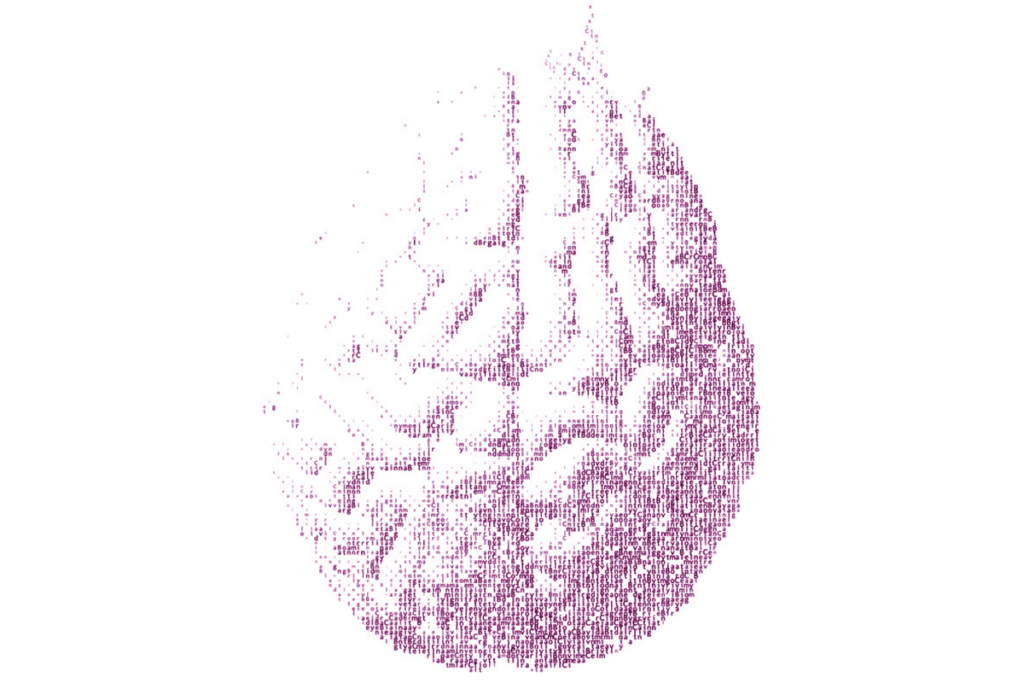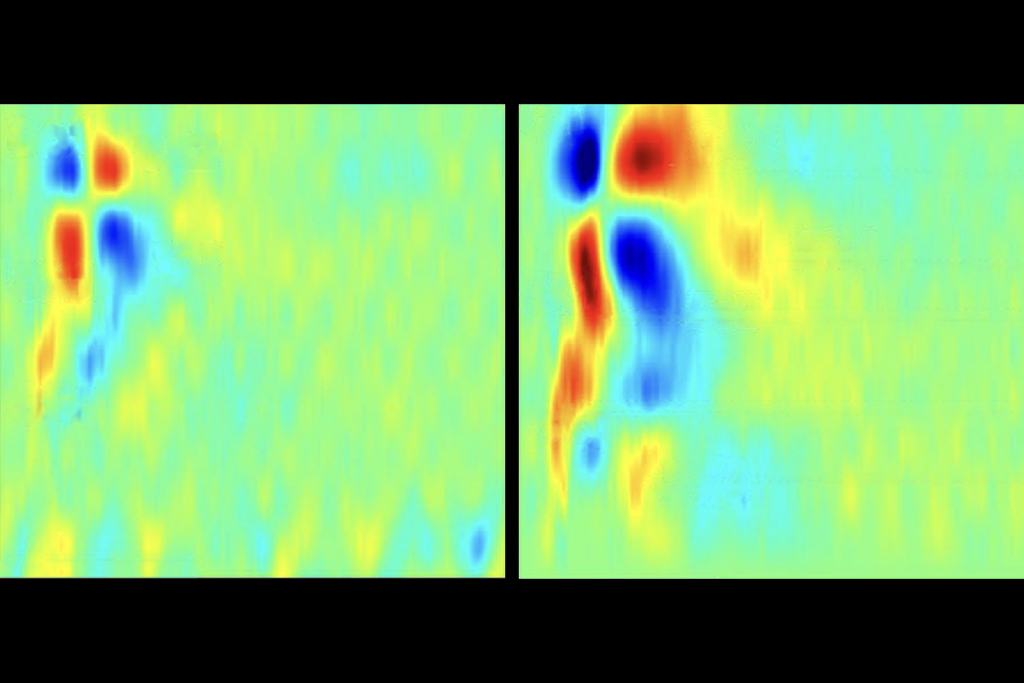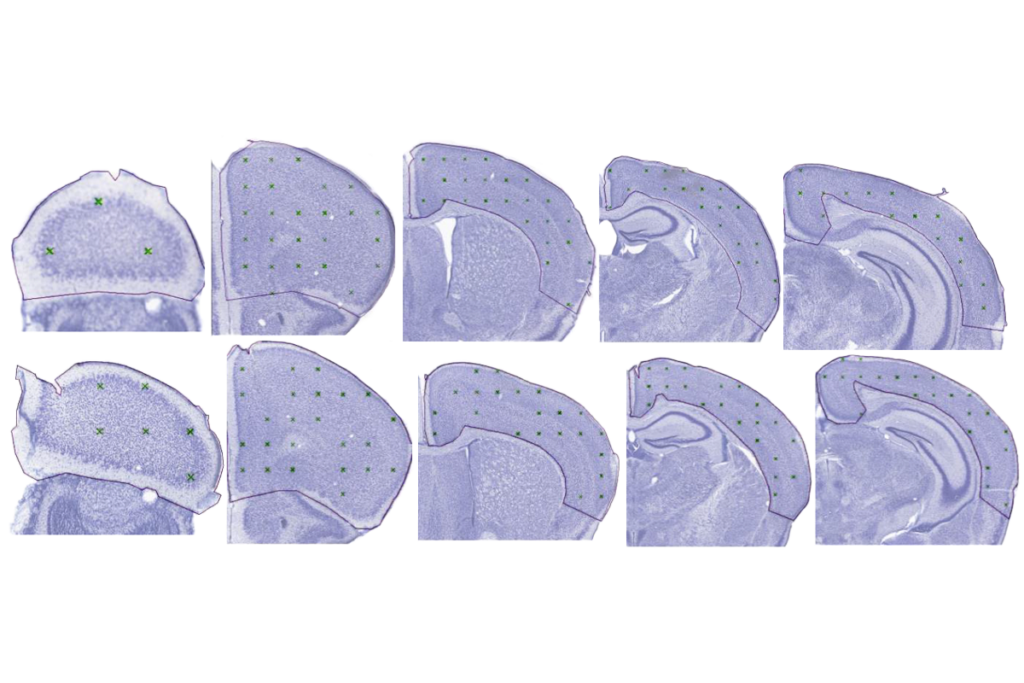Clinical research: Low thyroid in pregnancy linked to autism
Low levels of a thyroid hormone during pregnancy raise the risk of autism-like symptoms in the child by fourfold, according to a study published 13 August in Annals of Neurology.
Low levels of a thyroid hormone during pregnancy raise the risk of autism-like symptoms in the child by fourfold, according to a study published 13 August in Annals of Neurology1.
In mice, thyroid hormone deficiency in pregnant females leads to problems with neuronal development in their pups that resemble symptoms seen in autism2.
Between 2002 and 2006, the researchers recruited 8,879 pregnant women as part of the Generation R Study, which looks at environmental and genetic effects on fetal growth. At 13 weeks of gestation on average, they administered a thyroid function test to 5,100 of the women. The test assesses levels of serum thyrotropin, free thyroxine and thyroid peroxidase antibodies, all indicators of thyroid health. Via hormones such as thyroxine, the thyroid gland modulates the body’s consumption of energy and its sensitivity to many other hormones.
Six years later, the researchers had parents score their children’s behavior using the Pervasive Developmental Problems (PDP) checklist, as well as a shortened version of the Social Responsiveness Scale (SRS), a questionnaire about social interactions. Of the 4,039 children scored, those who rate above the 98th percentile on the PDP and in the top 5 percent of the sample on the SRS — 80 children in all — were deemed to be likely to have autism.
A condition known as severe hypothyroxinemia, characterized by low levels of free thyroxine and normal levels of serum thyrotropin during pregnancy, increases the odds of autism-like symptoms in the child by nearly fourfold, the study found.
Mild hypothyroxinemia does not have this effect, and the sex of the child does not change the risk. Antibodies that attack the enzyme thyroid peroxidase, and which have been associated with increased risk of attention deficit hyperactivity disorder and general hyperactivity in other studies3, have no effect on the autism-like symptoms.
The researchers emphasize that no causal relationship can be drawn from this correlation, but the findings pave the way for further research into the possible connection between autism and thyroid function.
References:
1: Román G.C. et al. Ann Neurol. Epub ahead of print (2013) PubMed
2: Lavado-Autric R. et al. J. Clin. Invest. 111, 1073-1082 (2003) PubMed
3: Ghassabian A. et al. Thyroid 22, 178–186 (2012) PubMed
Recommended reading
Explore more from The Transmitter

ABCD Study omits gender-identity data from latest release

Neuropeptides reprogram social roles in leafcutter ants



